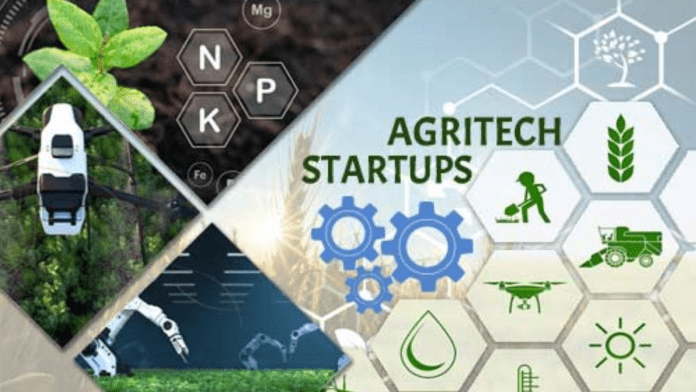AgFounder and Omnivore have recently unveiled the India Agrifood Startup Investment Report for 2023, providing comprehensive insights into the investment landscape. According to the report, there has been a decline of 33% in startup investments, amounting to $2.4 billion, compared to the previous year’s figure of $3.6 billion. It is worth noting that this decline aligns with the global trend of reduced investment in the sector. However, the report also highlights positive aspects, revealing instances where investors demonstrated a keen interest in supporting groundbreaking innovations focused on empowering farmers and combating climate change.
According to a recent report, the year 2022 witnessed a decline of 37% and 65% in funding to startups operating in the downstream and midstream sectors respectively. However, there was a significant increase of 50% in investments in upstream categories in India. It is worth noting that India is projected to surpass China as the world’s most populous nation this year. Furthermore, the report reveals that India emerged as the second highest funded market for agrifoodtech startups in 2022, surpassing China for the first time and trailing only the United States.
Providing further valuable insights, the report emphasized that startups focusing on upstream sectors, operating in proximity to farmers and spanning the entire supply chain, defied the downward trend observed worldwide. These startups secured a remarkable $617 million in funding, marking a 50% increase from the $409 million raised in 2021. Additionally, the report highlighted that investment in farmtech remained resilient, accumulating $1.1 billion in 2022, experiencing only a modest decline of 15% compared to 2021.
“It is a challenging funding environment for startups globally and, as our report shows, India is no different. The relative increase in upstream financing is a welcome bright spot and reflects the urgency to fund technologies addressing the multiple inefficiencies in our food production and distribution systems that contribute to climate change and hunger,” said Michael Dean, founding partner at AgFunder.
According to the report, access to capital in India has become more limited, aligning with the global trend, although the tightening has been less severe compared to developed markets. Despite this, venture investors in India continue to exhibit optimism towards agrifoodtech innovations in the upstream sector, which encompass activities both on the farm and within the supply chain. These investors are particularly interested in ventures that create strong barriers to entry and provide cost-effective solutions to benefit smallholder farmers.
“Across India’s agrifoodtech ecosystem, 2023 will stress test startups, while also being an ideal vintage for VCs who can enter promising deals at cheap valuations. Despite the transient headwinds, agrifoodtech in India will continue to surge ahead,” said Mark Kahn, managing partner, Omnivore.



